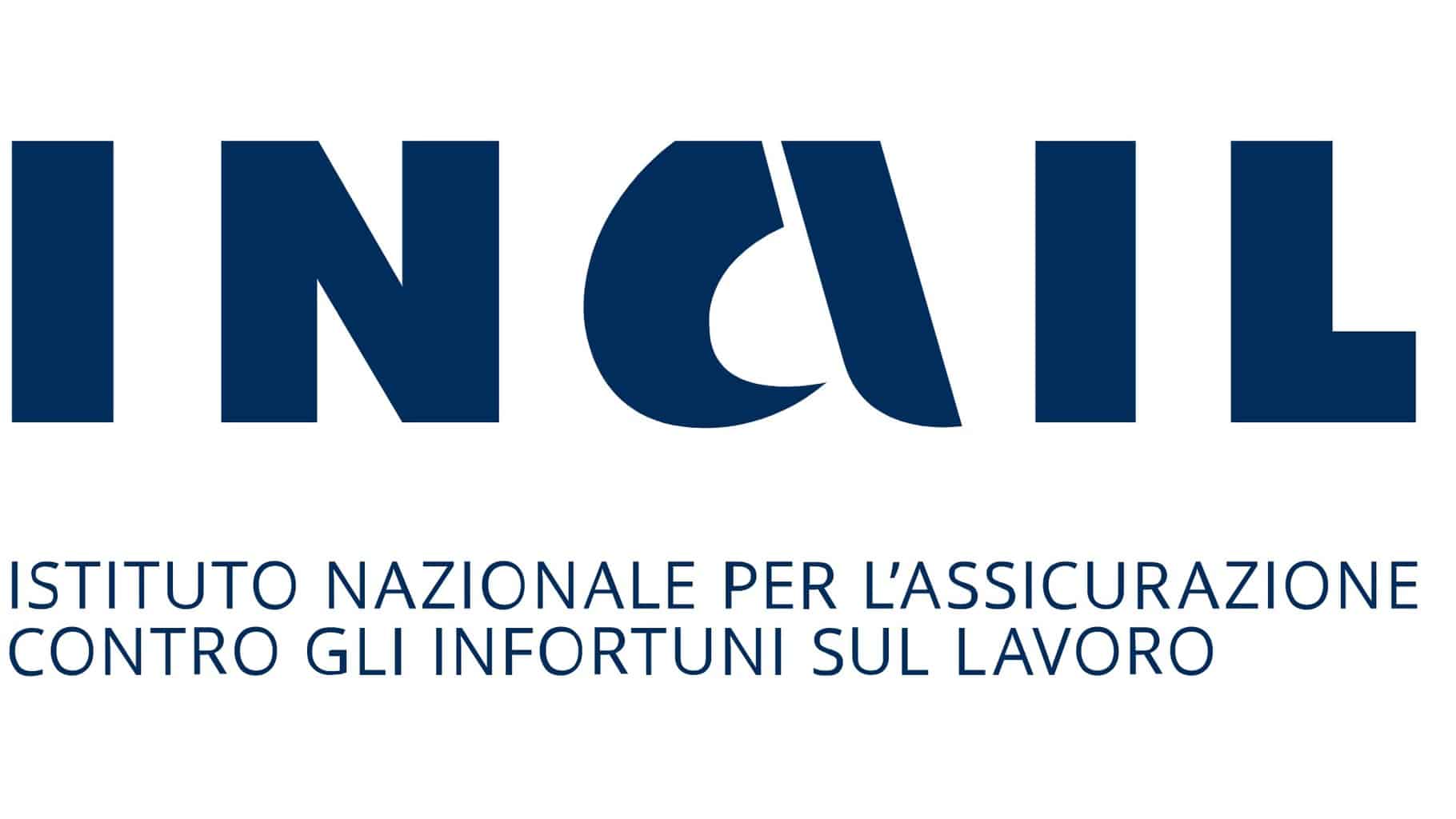Low back pain (LBP) is a prevalent global health concern, leading to substantial disability and socioeconomic burden. A significant proportion of LBP cases progress into chronic LBP (cLBP), posing challenges for healthcare systems. Existing literature highlights the substantial impact of LBP on global disability rates, work absenteeism, and healthcare costs. The prevalence of LBP has been estimated at 7.5% of the global population, affecting millions of individuals worldwide. The multifactorial etiology of LBP complicates clinical diagnosis and treatment. Chronic LBP, which affects 10%-15% of cases, significantly impairs patient functioning and further exacerbates healthcare costs. To address the complexity of cLBP, a multidimensional approach is necessary, considering physical, psychological, social, and occupational factors. Patient education and exercise therapy are key components of cLBP rehabilitation; however, the realization of effective precision spine care remains limited. Leveraging digital platforms, wearable sensors, and artificial intelligence presents an innovative solution to enable a tailored and integrated approach to cLBP diagnosis and rehabilitation. These technologies have the potential to revolutionize the delivery of care, providing personalized interventions and improving patient outcomes. Physical rehabilitation is a cornerstone in cLBP management, and the integration of digital health interventions offers promising opportunities for improved outcomes and personalized spine care. This research project aims to address the limitations of current approaches by developing and optimizing an eHealth system for evaluating and delivering rehabilitation exercises tailored to cLBP. Additionally, a quantitative assessment system based on wearable sensors and artificial intelligence will be developed and validated to assess lumbar kinematics and dynamics, enabling diagnosis, monitoring, and follow-up of cLBP. Furthermore, the project aims to evaluate the effectiveness of an eHealth-based rehabilitation protocol in a randomized clinical trial (RCT) involving cLBP patients. In conclusion, this research project aims to optimize an eHealth system, develop a quantitative assessment system using wearable sensors and artificial intelligence, and evaluate the effectiveness of an eHealth-based rehabilitation protocol for cLBP. The findings from this study have the potential to enhance rehabilitation outcomes, foster personalized spine care, and contribute to the advancement of precision medicine in the management of cLBP.

Our joint laboratory with Honda Research Institute Japan (HRI-JP) aims to develop advanced control, perception, and planning algorithms for human-robot collaboration scenarios.
The joint lab keywords that characterize the research we develop are ergonomy, cobots, and human-robot collaboration.
Besides iCub, the conceived algorithms for human-robot collaboration will be tested on the ED-2R and Asimo humanoid robots.

Camozzi Group is a market leader in producing components for pneumatics automation with applications in the life science, health, and textile industries.
As a research line, we are applying our expertise in the modeling, control, and planning of nonlinear systems to the pneumatic field.

The project aims to devise future wearable technologies and humanoid robots to maximize work ergonomy and technological acceptability of future industry and healthcare environments.
Inail is the Italian National Institute for Insurance against Accidents at Work, a public authority that manages compulsory insurance against accidents at work and occupational diseases.

The collaboration aims to adapt the iCub Robot’s Avatar architecture to develop a commercial, human-controlled wheeled Avatar Robot in a simulation environment. We will establish the Avatar simulation infrastructure to ensure seamless component operation. The project will integrate advanced manipulation, voice, and visual interfaces for better human-robot interaction and implement tactile feedback and locomotion controls for precise and realistic movements.

RAICAM is a solutions provider of high-tech friction materials, brake actuators, transmission, and cooling applications for diverse markets.
This joint project aims to adapt the technologies and algorithms developed for humanoid robots to other fields, like sustainable mobility.

The spin-off idea from AMI aims to provide an integrated platform that enables real-time human health monitoring in motion tracking, articular stress monitoring, and fatigue analysis. Based on our extensive and in-depth research analysis, we developed groundbreaking technology.
iFeel will be the next step in life-logging human health monitoring for industrial, rehabilitation, sports, and gaming applications.



